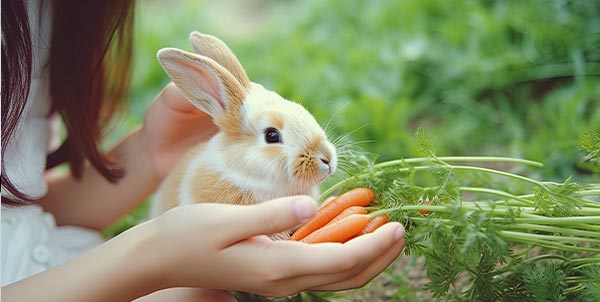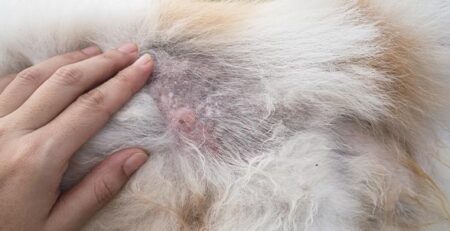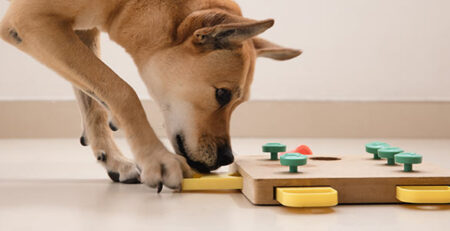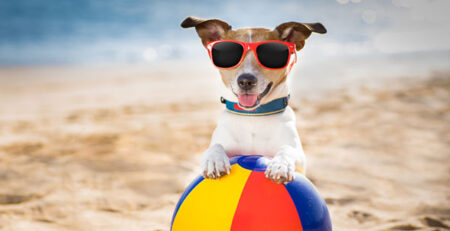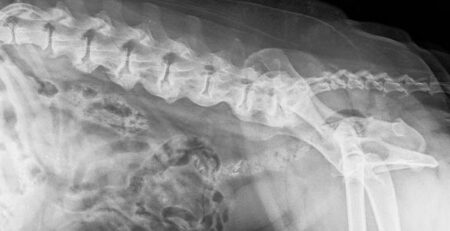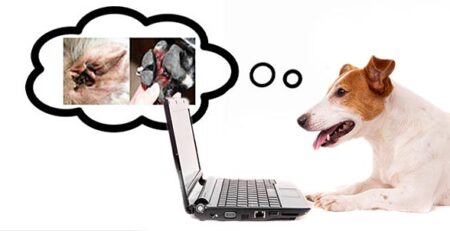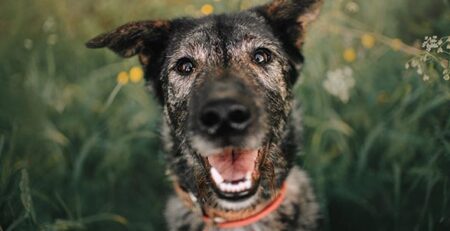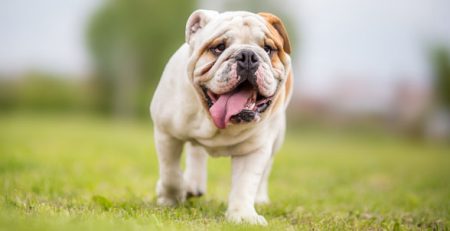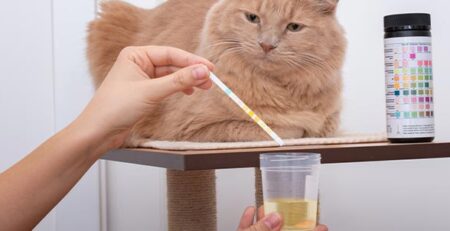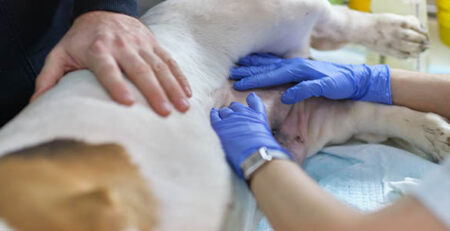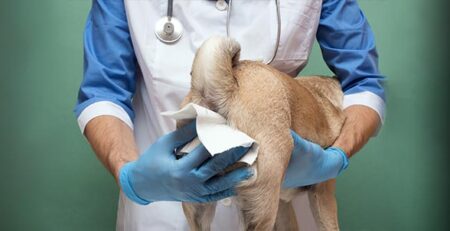Table of Contents
If your rabbit does not shed, it may be in serious danger of dying. Meteorism and intestinal blockage in rabbits are veterinary emergency room emergencies. The secret to preventing them is a proper diet.
Within a few years, the rabbit has taken the third place in the ranking of the most common animals in our homes after the dog and the cat.
The rabbit is an intelligent and sensitive animal, extremely lively and affectionate, in need of affectionate relationships, play and specific nutrition.
Unfortunately, however, the number of rabbits being rushed to the veterinarian for feeding-related causes is also growing.
An improper diet can, in fact, cause dental problems, gastrointestinal tract disorders, obesity and urinary stones.
Are you sure you know what your rabbit should eat? We will explain what the most common mistakes are and how to avoid them.
How a rabbit lives in the wild and what it feeds on
The rabbit’s diet in our homes should trace as closely as possible that in the wild and include grasses, hay and vegetables.
Rabbits are strict herbivores, and meadow grass is their natural food.
Hay should form the basis of their diet and should always be available and in unlimited quantities.
Any food of animal origin should be carefully avoided.
What characteristics the hay should have
The hay must be of the highest quality.
Always make sure that the packages are intact and do not smell musty or damp, that the contents are not dusty and have a light color, more tending toward green than brown, and an aromatic smell, like freshly harvested grass.
Grains are very bad for rabbits
Grains are rich in starch, and too much starch in the rabbit’s diet can cause imbalances in the gastrointestinal flora and result in diarrhea.
Avoid grain, nut and seed-based feeds and limit feeding to, at most, one tablespoon per day.
The fruits and vegetables suitable for rabbit feeding
Some fruits contain way too much sugar.
Sweet fruits (e.g., bananas, grapes, melon) are not ideal for the rabbit’s diet.
Better to replace it with vegetables such as peppers, cucumbers, salad or fresh herbs, basil, broccoli, carrot leaves, radicchio, cabbage, escarole, celery, chicory, dandelion, alfalfa, clover, endive, savoy cabbage, mint, zucchini.
The preconception that fresh vegetables cause intestinal disorders is completely unfounded, except in the case of an abrupt change of diet in an animal that has always been fed dry food.
In this circumstance, the introduction of vegetables should be done gradually.
And mind that they are harvested in areas away from possible contamination such as exhaust gases, pesticides or other chemicals.
Rabbits that take fresh food tend to drink very little.
Too little water consumption increases the risk of the rabbit developing stones or urinary tract infections.
Check and clean bowls and troughs regularly, both to monitor the amount of water your rabbit drinks and to prevent the proliferation of bacteria.
The pellet is a feed consisting of pressed hay cylinders.
A good pellet should be composed exclusively of plant extracts and contain at least 18 percent fiber and not have calcium, sugar and protein added to it: in fact, excessive consumption could cause rabbits to be overweight especially if they lead very sedentary lives.
It should be bestowed as a reward or snack but without overdoing it: no more than one or two tablespoons a day.
The abrasive function of hay on rabbit teeth
Another advantage of hay is its abrasive function on teeth.
Rabbit teeth grow continuously and must be consumed regularly through chewing fibrous materials.
Consumption of premolars and molars occurs due to the contact and ‘friction of the teeth with each other just as the rabbit eats hay: think that to consume one gram of hay, the rabbit chews (and thus “consumes” the teeth) for about 10 minutes.
Some people offer their rabbit dry bread, but in addition to being harmful, this is an absolutely useless practice for the teeth: as a source of easily digestible carbohydrates, bread can cause problems with intestinal flora and diarrhea, and to chew dry bread the animal almost exclusively uses its incisors.
How to avoid meteorism in the rabbit
The rabbit’s stomach walls lack muscle fibers, and from this it follows that its stomach is unable to contract autonomously.
Only hay provides the long fibers that regulate and maintain bowel function.
The food bolus proceeds only because of the intake of other food, which basically pushes it in the direction of the intestine.
If the rabbit does not eat, the stomach contents do not move, ferment and produce large amounts of gas: this is called“meteorism.”
This is why fasting can become extremely dangerous and cause intestinal blockage.
In the presence of gas, the rabbit’s stomach swells abnormally.
This causes, on the one hand, compression of blood vessels resulting in circulation disorders and on the ‘other hand causes pressure on the diaphragm resulting in respiratory disorders.
A rabbit that has not eaten for 12 hours should be taken to the vet immediately: it is at risk of intestinal blockage.
The rabbit in intestinal blockage is likely to die within a few hours if it is not promptly rehydrated and if the motility of the digestive system is not restored.
Symptoms of intestinal blockage in the rabbit
The most common symptoms that should alarm you are:
- progressive decrease in appetite
- Progressive decrease in stool production and size
- apathy
- shaggy hair
- Abdomen swollen and painful on palpation
If you suspect the presence of meteorism and in general if your rabbit is not eating, it is imperative to visit your veterinarian immediately, who will implement the necessary therapies to stabilize the little patient.
The rabbit in intestinal blockage is likely to die within a few hours if it is not promptly rehydrated and if the motility of the digestive system is not restored.
At Clinica la Veterinaria you can book a specialist visit for your rabbit: our veterinary doctors are available to advise you on the ideal diet and to help you manage it properly.
La Veterinaria Clinic is always open daily h24 including holidays and with First Aid service from 8 pm to 8 am.
For the joy of seeing them HAPPY.
Edited by Dr. Annalaura Scuto, Veterinary Physician – Specialist in exotic and unconventional animals

